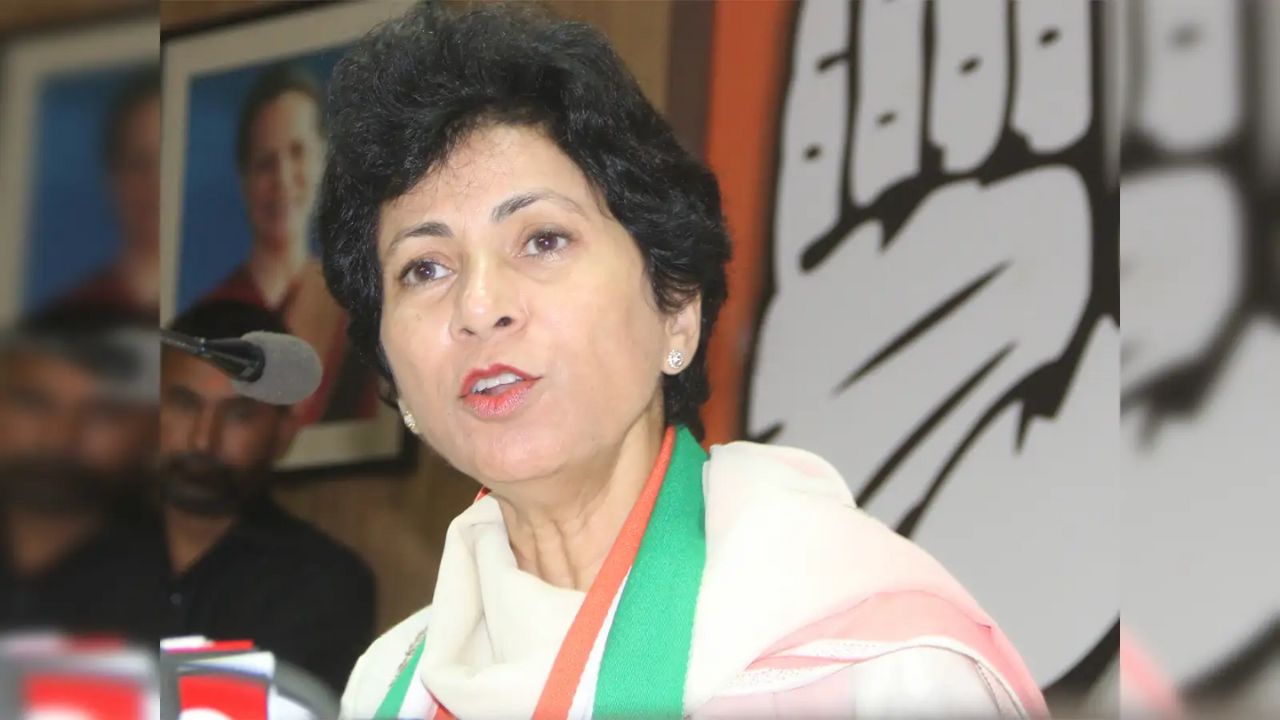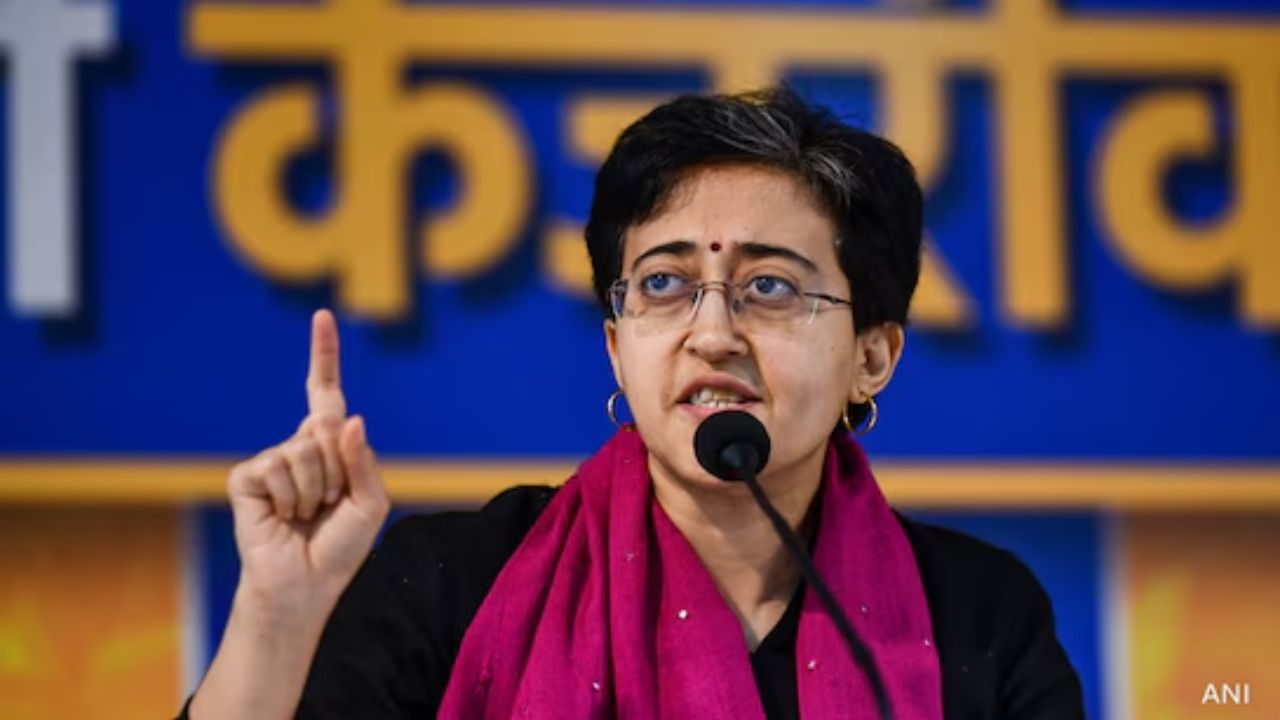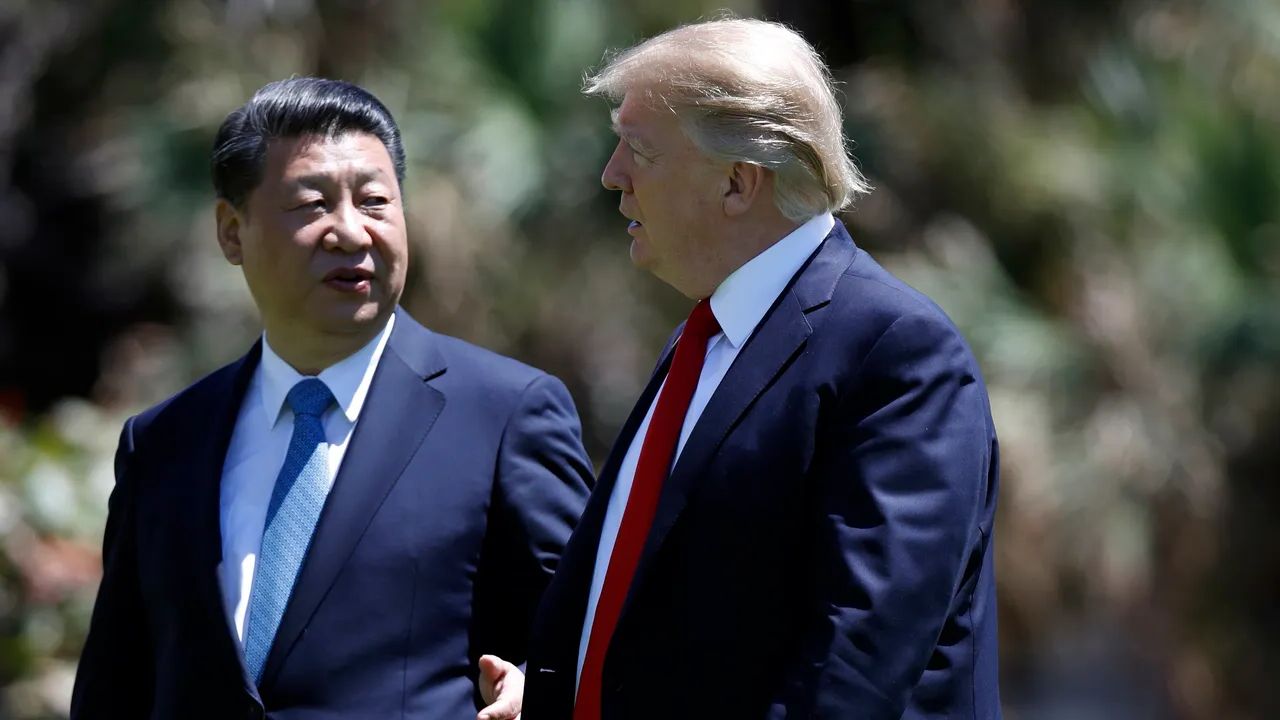Today in Politics: Manish Sisodia to Kick Off AAP’s Delhi Election Campaign; Uncertainty Surrounds Timing of J&K Polls
With its back against the wall in Delhi, the Aam Aadmi Party (AAP) is set to launch its Assembly election campaign on Wednesday, led by Manish Sisodia. Traditionally seen as more of an organizational and

With its back against the wall in Delhi, the Aam Aadmi Party (AAP) is set to launch its Assembly election campaign on Wednesday, led by Manish Sisodia. Traditionally seen as more of an organizational and policy expert, rather than a street leader, the former Delhi Deputy Chief Minister is stepping into the spotlight in the absence of Chief Minister Arvind Kejriwal, who is currently in jail due to his involvement in the CBI’s excise policy case. Sisodia will kick off the campaign with a padayatra (foot march), signaling the start of a series of city-wide padayatras leading up to the election. Additionally, the AAP plans to hold “Vikas Sabhas” across all 70 Assembly constituencies, aiming to highlight the development work achieved by the party over the last decade.
Context: Amidst ongoing concerns about Delhi’s strained civic infrastructure, particularly during the monsoon season, the AAP faces the challenge of convincing voters that they are not solely responsible. Sisodia, in a recent interview, blamed Lieutenant-Governor V K Saxena’s “dictatorship” for the city’s infrastructure issues.
The real test for the AAP lies in overcoming anti-incumbency sentiments and effectively communicating to voters that their hands have been tied due to the L-G’s broad powers under the Government of National Capital Territory of Delhi (Amendment) Act, 2023. To secure a third consecutive term, AAP will need to successfully navigate this narrative.
Jammu & Kashmir Polls: Awaiting a Date On the national stage, the Election Commission (EC) is expected to meet with Union Home Secretary Ajay Bhalla to discuss security preparations in Jammu & Kashmir, where elections are constitutionally required by the end of September. Last week, Chief Election Commissioner (CEC) Rajiv Kumar, along with other election commissioners, visited the Union Territory to review poll preparations, highlighting the need for J&K to have its elected government. The timing of the elections is uncertain, as the EC must assess the security situation, especially in light of recent terror attacks in Jammu.
Political Dynamics: In terms of potential outcomes, analysis of the Lok Sabha election results suggests that the National Conference (NC) could emerge as the largest party in the 90-member Assembly, followed by the BJP, Congress, and others. If the INDIA alliance — comprising NC, PDP, and Congress — can unite, they may surpass the halfway mark, but their ability to form a cohesive front remains in question.
Supreme Court Ruling: The Supreme Court is also set to clarify whether its recent verdict on the states’ power to levy taxes on mineral rights will have retrospective or prospective effect. The July 25 ruling affirmed state legislatures’ authority to tax mineral rights, overturning a previous judgment. The outcome could have significant financial implications, particularly for Opposition-led, mineral-rich states.
Developments in West Bengal: In West Bengal, the CBI has taken over the investigation into the alleged rape and murder of a doctor at Kolkata’s RG Kar Medical College, following a directive from the Calcutta High Court. The Mamata Banerjee government is under pressure from both the Opposition and civil society, and how this case unfolds could have significant political ramifications for the Trinamool Congress (TMC) and its leadership.




